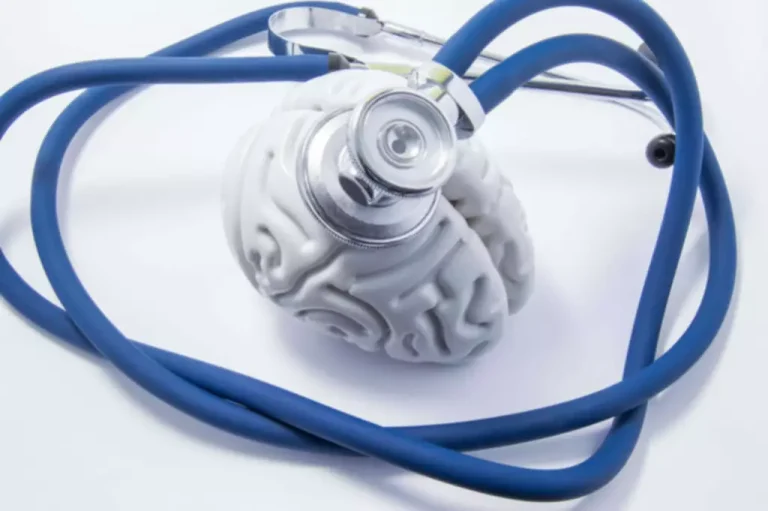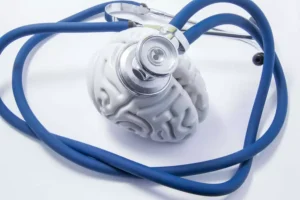Última actualización 5 septiembre, 2024

(For an in-depth discussion of alcohol and the digestive tract, see the article by Keshavarzian in this issue.) The direct role of alcohol-related endotoxin release in alcoholic kidney injury has not yet been studied. However, it is possible that activation of the innate immune system due to endotoxins released by a leaky gut plays a central role in the development of renal damage, as it does for liver damage (Zhang et al. 2008). Alcoholic patients also may develop low blood levels of phosphate by excreting too much of this ion into how does alcohol affect the kidneys their urine. Typically, chronic alcoholic patients are losing up to 1.5 g/d of phosphate through their urine when they have reached the point of being sick enough to accept hospitalization. The combination of low phosphate excretion and low blood levels indicates that phosphate is simply being shifted from the bloodstream into body cells, implying that kidney dysfunction is not a likely cause of phosphate wasting in this case. Interestingly, age makes a difference in how rapidly the body escapes alcohol’s ADH-suppressive effect.
Study participants and data collection
This abnormality may reflect the severity of liver disease, but the available data do not allow correlation of kidney impairment with the degree of clinical signs of liver disease, such as ascites or jaundice. Chronic alcohol consumption may cause both fluid and solutes to accumulate, thereby increasing the overall volume of body fluids. In turn, such expansion of body fluid volume can contribute to high blood pressure, a condition often seen among chronic alcoholic patients.

Alcohol and kidney disease

Alcohol use disorder (AUD) is a substantial public health problem, affecting 15.7 million people age 12 and older in the United States (Center for Behavioral Health Statistics and Quality 2016). In 2012, 5.9 percent of all global deaths were attributable to alcohol—7.6 percent for men and 4.0 percent for women. Moreover, alcohol-attributable deaths have increased worldwide, making alcohol the fifth leading risk https://ecosoberhouse.com/ factor for premature death and disability in 2010 and the first among people ages 15 to 49 (World Health Organization 2014). Reducing alcohol intake can lessen the risk of alcohol-related kidney disease. Alcohol increases your risk of many types of cancer, including breast, liver, mouth, and colon. However, 2012 research suggests your risk of developing kidney cancer may be lower if you consume alcohol.
Can kidneys recover from alcohol damage?
- Figure 1 showed the crude follow up condition of the three drinking groups.
- Severe or recurring kidney infections may require hospitalization or surgery.
- Diuresis by inhibiting vasopressin release [53] and impairing acid secretion have also been discovered in alcoholics.
Red wine might offer potential health benefits, especially for the heart and kidneys, when you consume it in moderation. Some studies even suggest that red wine may contain health-supporting compounds like resveratrol and antioxidants (24, 25). In addition to the severity of the damage, the kidney’s ability to recover depends on the duration and intensity of alcohol consumption and the individual’s overall health. For people with diabetes and CKD, alcohol may be safe to drink if you have your blood sugar level under control. Remember that alcohol on an empty stomach can cause blood sugar levels to drop. Additional ingredients in mixed drinks may also add carbohydrate that must be considered.
Managing Blood Sugar and Chronic Kidney Disease

[2] Using certain painkillers daily for a long period can lead to damage to the kidney’s small filtering blood vessels. This can result in a chronic kidney problem known as analgesic nephropathy. Your healthcare professional may prescribe one or more medicines to help slow down your kidney disease or manage your heart disease. These medicines can include an ACE inhibitor/ARB, diuretic (water pill), an SGLT2 inhibitor, low-dose aspirin and/or an nsMRA. Scientific evidence about drinking alcohol goes back nearly 100 years—and includes plenty of variability in alcohol’s health effects. In the 1980s and 1990s, for instance, alcohol in moderation, and especially red wine, was touted as healthful.
- High amounts of omega-3 fatty acids in cod liver oil have been shown to improve cardiovascular health by reducing triglycerides (a type of fat) in your body.
- Higher uric acid levels increase the risk of gout, a painful condition characterized by inflammation and joint swelling.
- This long period of inactivity not only worsens existing health problems but also significantly increases the risk of future health issues, especially heart disease.
- Furthermore, the cardiovascular-protective effects of estrogen [91,93] should not be overlooked.
Abnormal immunoreaction and renal tubular dysfunction to alcohol consumption
Ethanol administration in rats showed particular alterations in the renal antioxidant system and glutathione status [4,5]. Polyphenols, which are found in beverages, such as red wine, also have antioxidant effects [6,7]. However, another rat model showed that ethanol may increase blood pressure and angiotensin II type 1 receptor expression, causing glomerular morphology changes. This may lead to renal corpuscle and glomeruli atrophy and reduced glomeruli volume [8].

Association Between Alcohol Consumption and Chronic Kidney Disease
However, recent studies have demonstrated that its activity is decreased by ROS and lipid peroxidation with the consumption of ethyl alcohol [22,41,52]. However, the effect of ethanol on renal tubule function is not limited to sodium ions. Diuresis by inhibiting vasopressin release [53] and impairing acid secretion have also been discovered in alcoholics. In addition, hypokalemia, hyponatremia, hypomagnesemia, hypocalcemia, hypophosphatemia, and metabolic acidosis mixed with volume-contracted metabolic alkalosis are common in long-term alcohol consumption. The glomeruli are sensitive to fluctuations of systemic blood pressure (BP), and the RAS is the most important BP control system in the kidneys.
- There’s also likely to be some weight loss within a month, due to the absence of the calories you were ingesting in alcohol (as long as you haven’t swapped them for equally high-calorie comfort foods).
- Yes, alcohol use can lead to dehydration, temporarily increasing creatinine levels.
- In fact, people who smoke and drink have around five times more chance of eventually developing chronic kidney disease.
- As an influential factor of many chronic diseases, alcohol consumption has been increasingly studied in recent years.
- Scientists are not sure whether an association exists, and they are unsure as to the underlying mechanisms.
Can You Drink Alcohol with Chronic Kidney Disease?

Índice de Contenido
- 1 Study participants and data collection
- 2 Alcohol and kidney disease
- 3 Can kidneys recover from alcohol damage?
- 4 Managing Blood Sugar and Chronic Kidney Disease
- 5 Abnormal immunoreaction and renal tubular dysfunction to alcohol consumption
- 6 Association Between Alcohol Consumption and Chronic Kidney Disease
- 7 Can You Drink Alcohol with Chronic Kidney Disease?